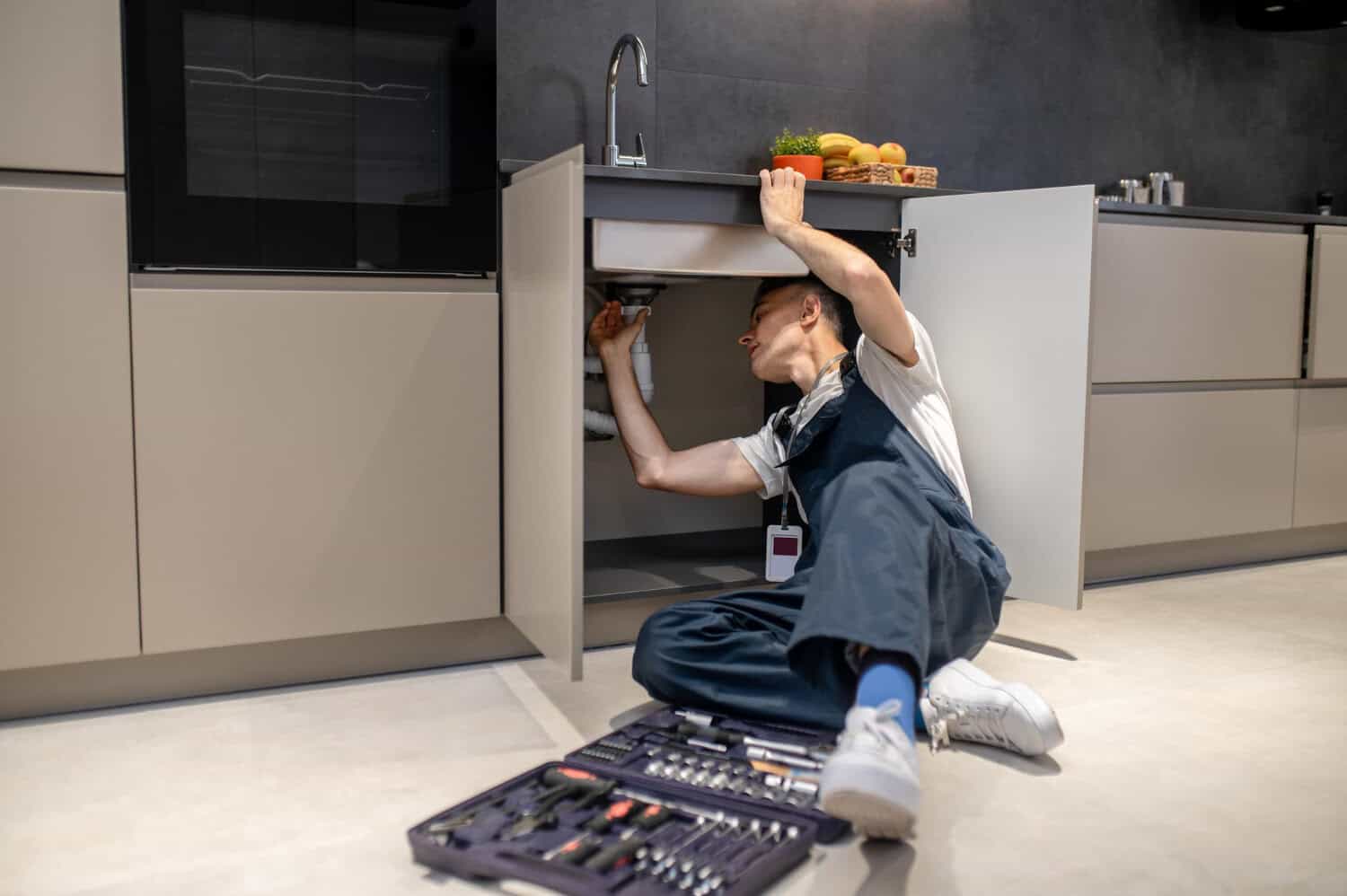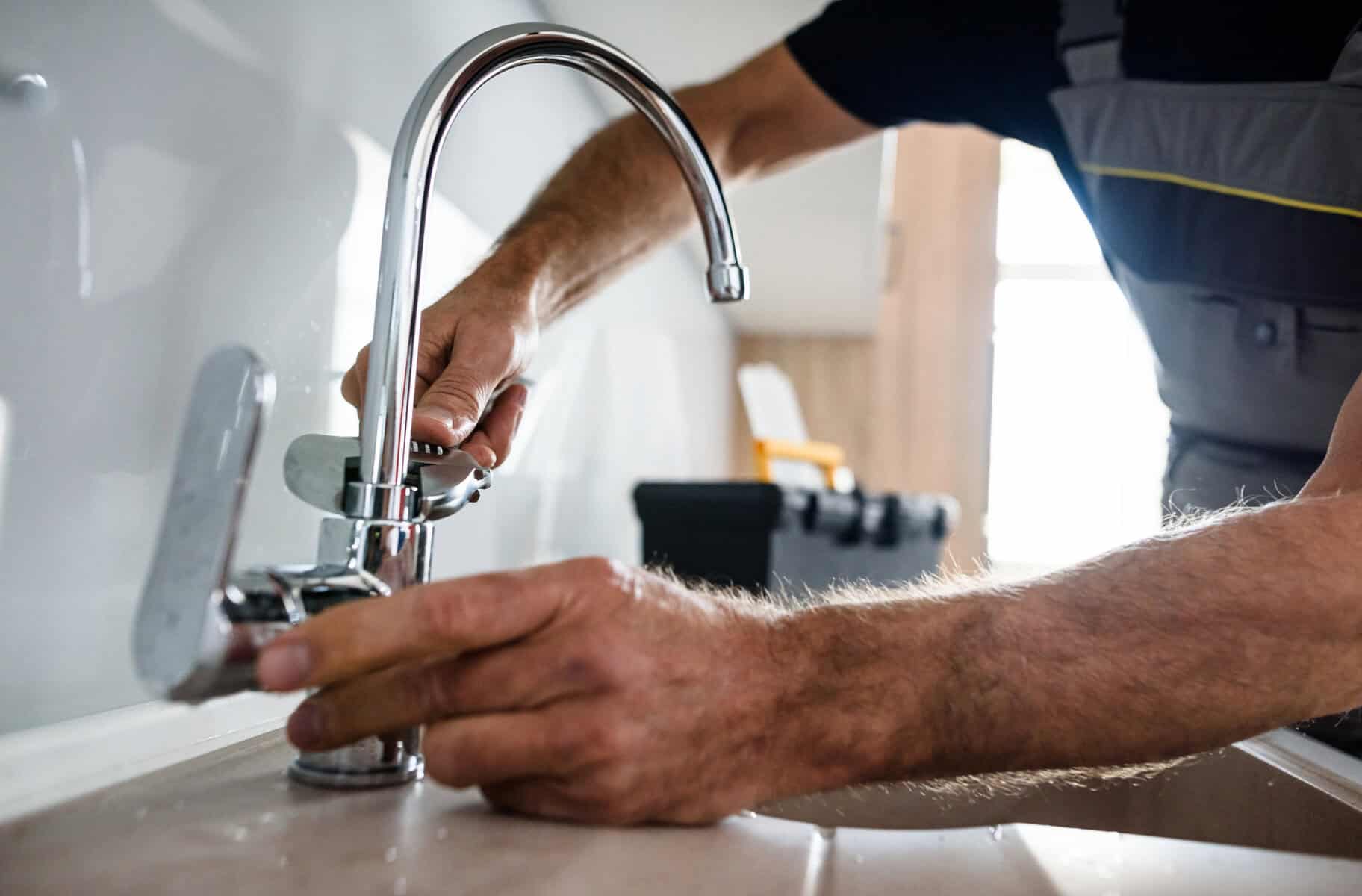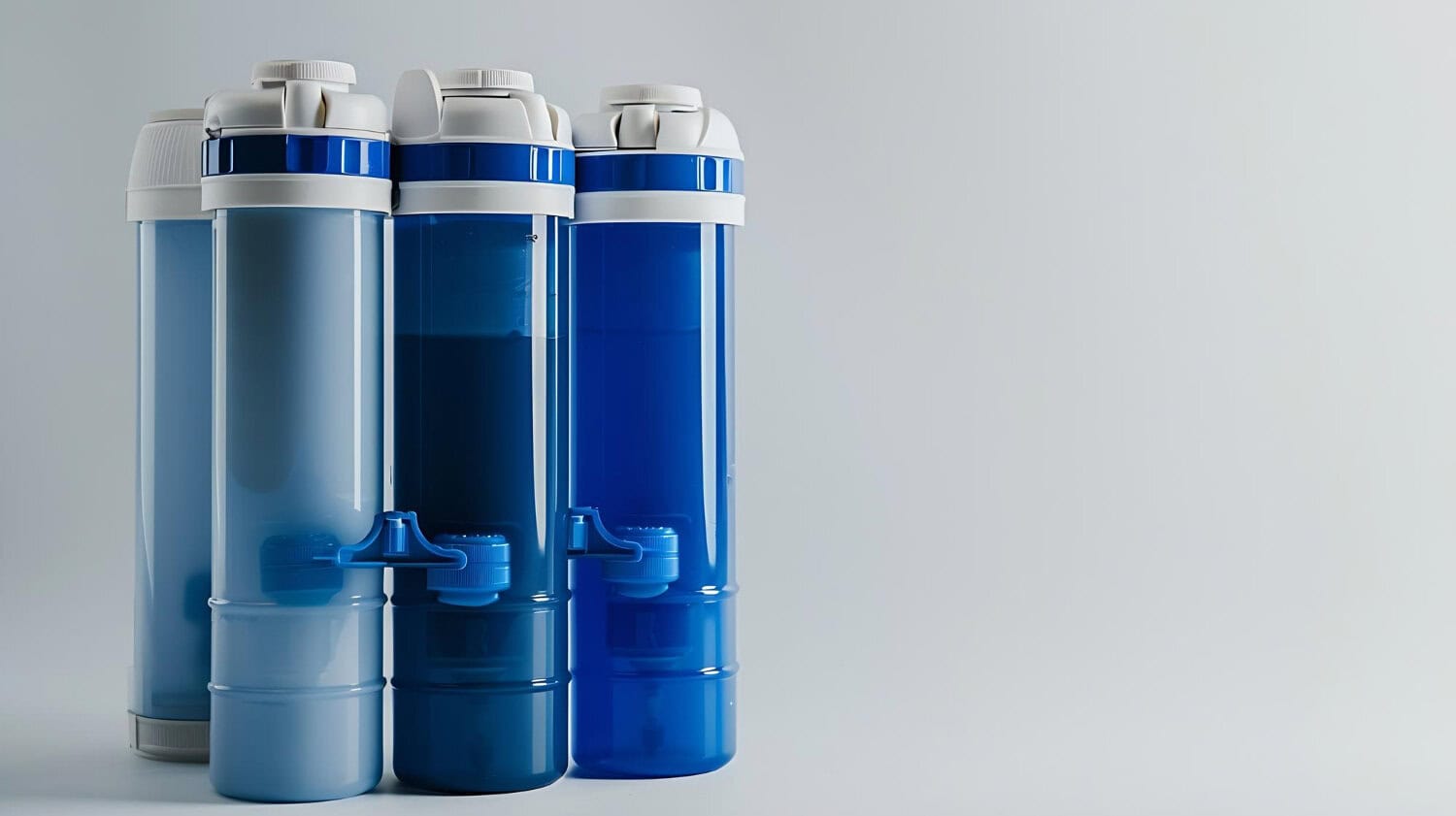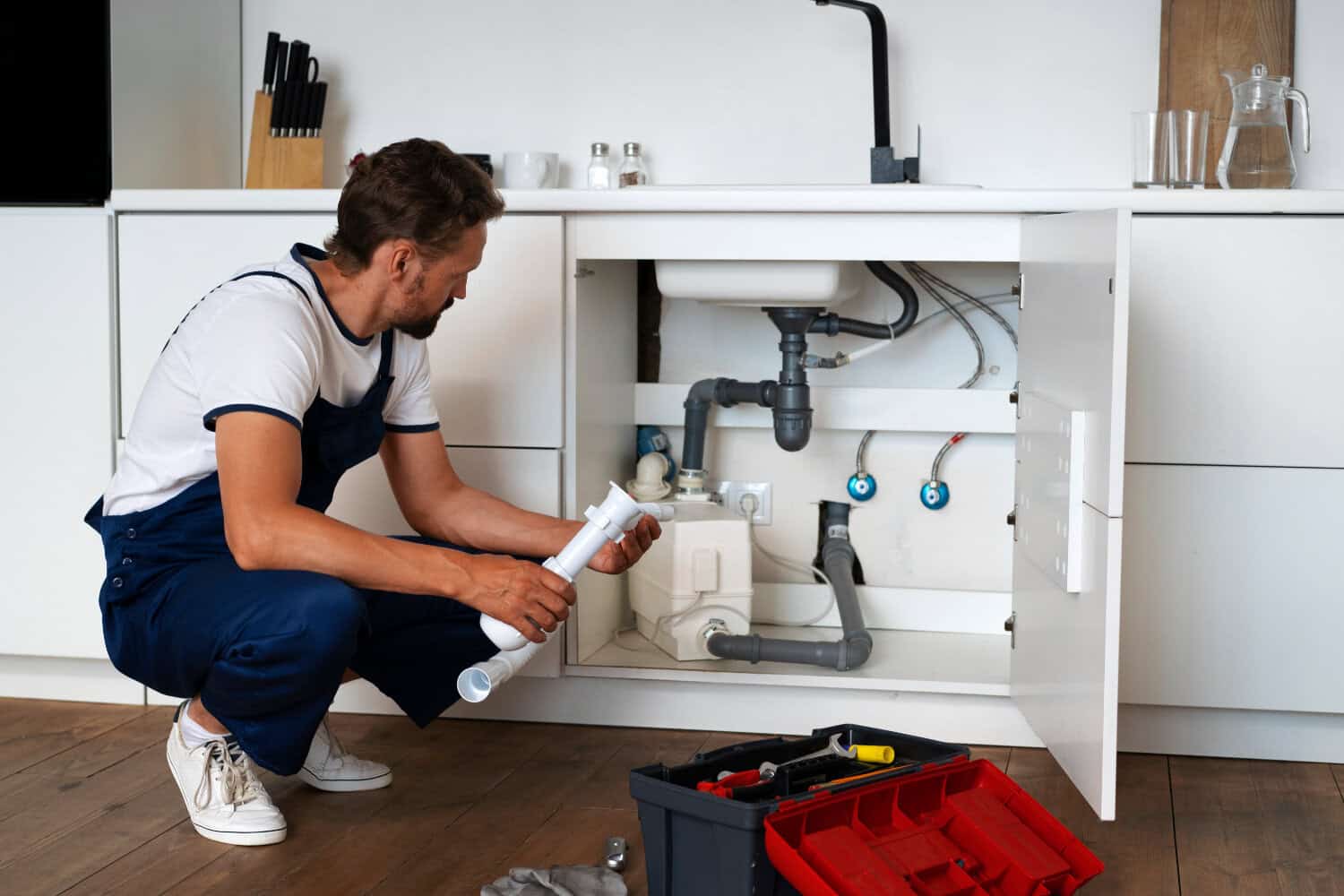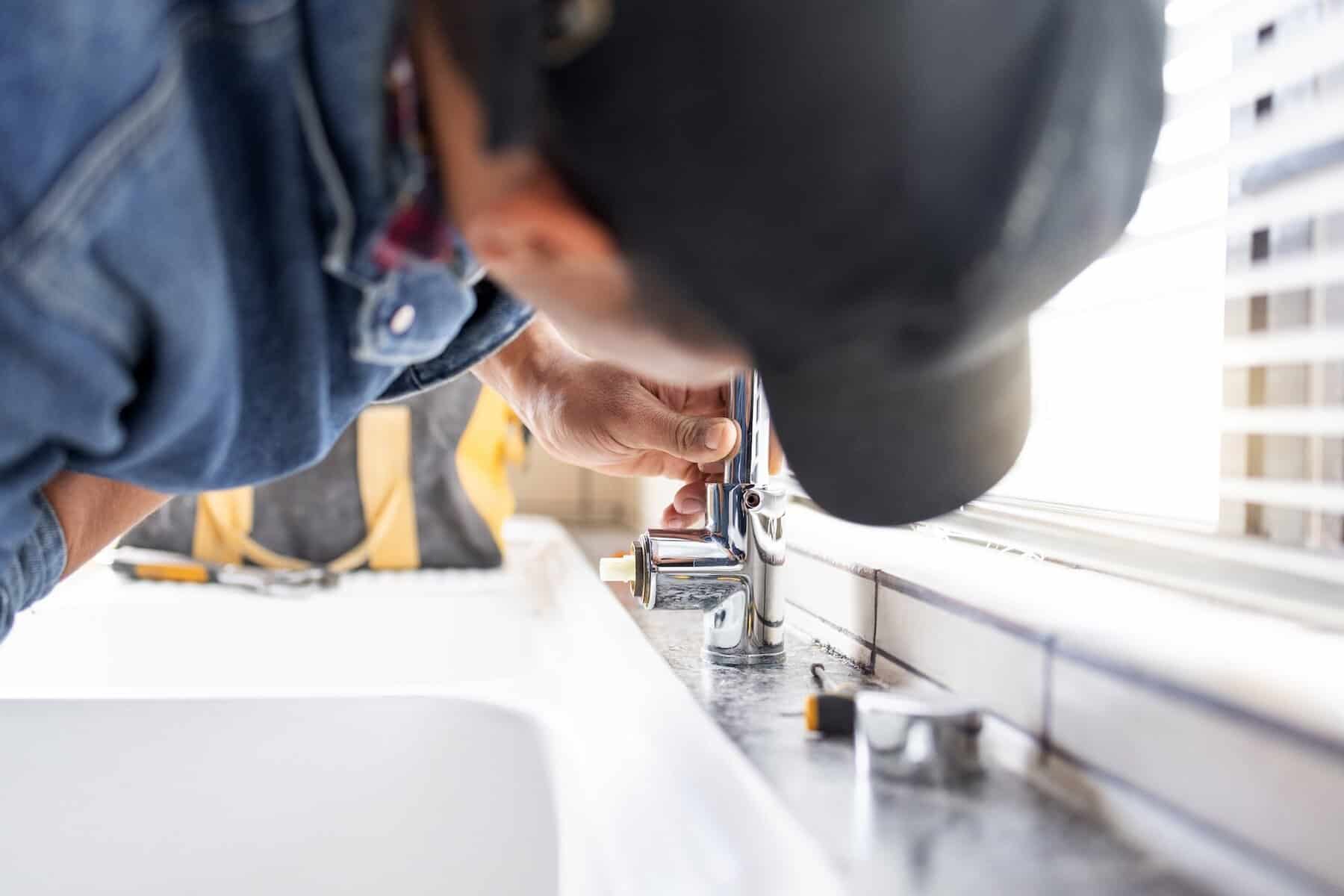Maintaining your home’s plumbing system is more than just stopping a leaky faucet. A well-kept plumbing system can prevent damage, save on costly repairs, and ensure that your home’s water flows smoothly. Many homeowners in Saratoga Springs and beyond often overlook the small tasks in plumbing maintenance, which can stack up into significant issues over time. By keeping an eye on these elements, you can avoid plumbing headaches and enjoy peace of mind.
Plumbing issues can arise unexpectedly, causing inconvenience and stress. Imagine waking up to a flooded bathroom or a cold shower due to water heater troubles. These situations highlight why regular plumbing care is so important. By understanding common issues and performing regular check-ups, you can nip potential problems in the bud, saving you time, money, and hassle in the long run.
Regular Plumbing Inspections
Just like a regular health check-up, your plumbing system benefits from routine inspections. Scheduling inspections helps catch problems before they escalate into significant failures. Think of this as a preventive measure, ensuring your house remains functional and your water stays clean.
During these check-ups, focus on inspecting critical areas:
– Pipes: Look for corrosion, leaks, and any unusual noises.
– Faucets: Ensure they operate smoothly without drips, which can waste water and increase bills.
– Drains: Check for slow drainage, which might indicate clogs or build-up over time.
– Water Heaters: Examine for rust, leaks, and ensure its thermostat is functioning correctly.
Spotting issues early can save money and prevent more extensive damage from occurring. For instance, a tiny unnoticed leak might seem harmless initially but could lead to water damage or mold growth. Regular inspections, therefore, serve as an effective strategy to maintain a healthy and efficient plumbing system.
Proper Drain Care
Taking care of your drains might seem like a small task, but it’s a key element of maintaining your home’s plumbing system. Clogs are a frequent issue, but they can be avoided with simple habits. First, be mindful of what goes down the drain. Grease, food scraps, and hair are notorious for causing blockages, so it’s wise to dispose of them properly. Drain guards can catch debris, preventing it from entering the pipes.
When it comes to cleaning your drains, it’s best to use safe, non-corrosive products. Many commercial cleaners contain harsh chemicals that can damage your pipes over time. Opt for products made from natural ingredients, or better yet, consider professional help to ensure your drains are cleaned efficiently without risking pipe damage. Recognizing the signs of a severe clog is crucial too. Slow drainage or unpleasant odors are red flags that need prompt attention. Ignoring these signs might lead to more significant plumbing issues.
Protecting Pipes from Damage
Saratoga Springs can experience cold winters, which means your pipes are at risk of freezing or bursting. This is where proper pipe protection comes into play. Insulating your pipes is a straightforward step that can save you from the hassle of leaks caused by frozen pipes. Insulation materials keep the cold at bay, reducing the chances of ice forming inside.
Consider these steps when leaving home for an extended period:
– Set your thermostat at a reasonable temperature to ensure some heat circulates.
– Open cabinet doors to allow warm air to reach uninsulated pipes.
– Shut off the main water supply if you’ll be away for a long time to prevent any leaks from turning into floods.
Taking these precautions can help you avoid costly repairs and water damage. Regularly walking around your house to check for exposed pipes can also make a difference in protecting them from extreme temperatures.
Water Heater Maintenance
Your water heater plays a crucial role in providing warm showers and hot water for cleaning. To keep it running smoothly, regular maintenance is necessary. Start by inspecting the water heater for any rust or leaking. Make sure the thermostat is set at the right temperature to prevent scalding or energy waste.
Routine flushing of the tank is another maintenance step that prevents sediment buildup, which can affect efficiency and shorten the heater’s lifespan. Signs that it might be time for servicing include inconsistent water temperatures or strange noises coming from the tank. Rather than tackling these issues on your own, it’s better to consult with a professional for repairs or replacement. This ensures the job is done correctly and safely.
Final Thoughts
Regular plumbing maintenance requires some attention and effort, but it pays off by preventing bigger problems that can disrupt your daily life. By teaming up inspection, careful drain care, pipe protection, and water heater maintenance, you ensure that your home’s plumbing runs smoothly for years to come. These tasks might seem minor, but they collectively enhance the longevity and reliability of your plumbing system.
If you ever feel unsure about any aspect of your plumbing, don’t hesitate to seek professional help. Qualified experts can provide detailed inspections and repairs, making sure everything works as it should. Keep your home running smoothly and enjoy the peace of mind that comes with knowing your plumbing is in good hands.
Ensure your home’s plumbing system stays in top shape by investing in professional care. If you’re searching for reliable solutions in Saratoga Springs, discover more about our home services for plumbing. My Jockey is here to help you maintain a hassle-free plumbing system, ensuring comfort and peace of mind.

